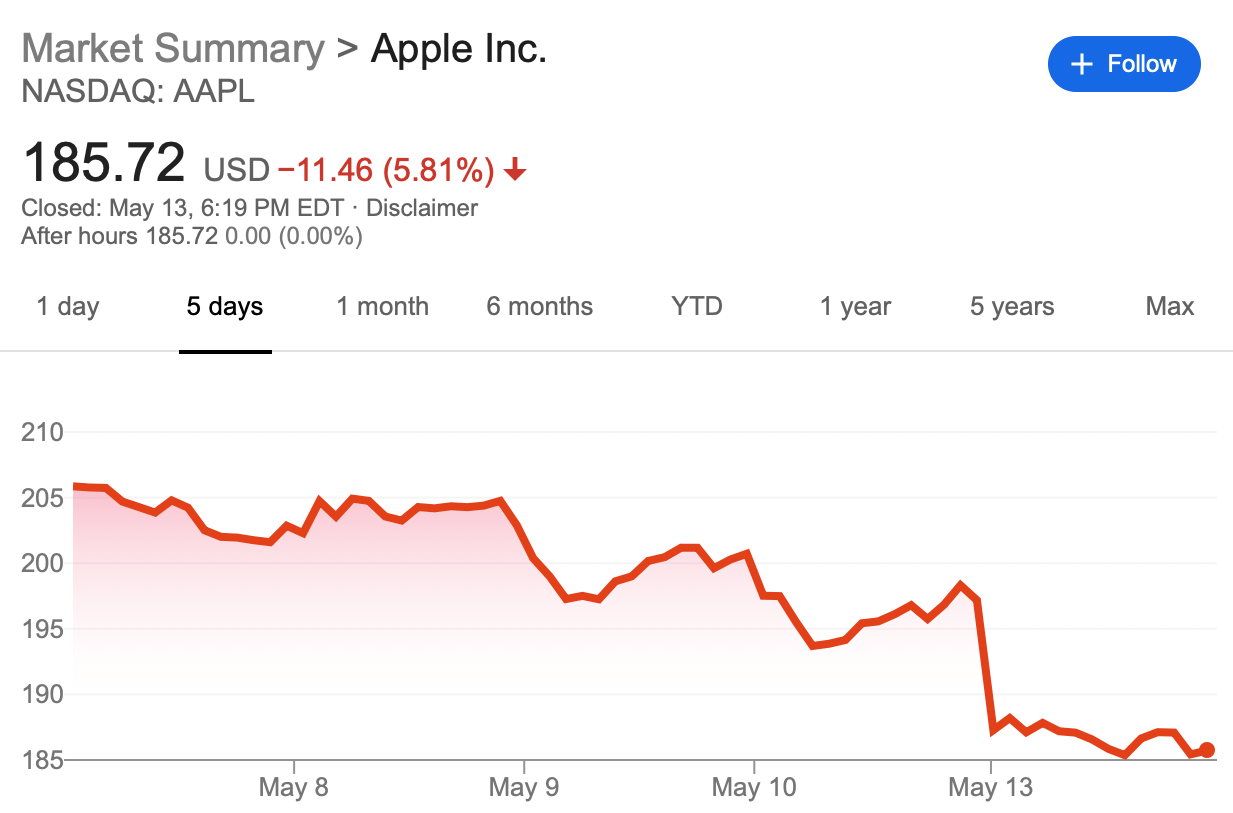Bottom line: Apple has been denied its motion to dismiss price-fixing allegations. The US Supreme Court upheld a lower court's ruling that the defense's citing of a case from the 1970s does not apply in this instance and that customers may proceed with antitrust filings against the tech titan.

The Supreme Court of the United States has ruled 5-4 against the iPhone maker in a case involving antitrust practices with its App Store. Justices heard arguments last November and arrived at a decision on Monday. The ruling will allow customers to go forward with price-fixing lawsuits against the company.
Plaintiffs in the case claim that Apple has monopolized iPhone app distribution and in doing so has gouged customers indirectly with its 30-percent commissions on app sales.
The tech giant says that it acts as merely the storefront and that since developers name their own prices, it cannot be held responsible for price fixing. It further adds that since developers are the ones who pay the commission and not customers, developers should be the only ones that can have a claim citing a 1977 case between Illinois Brick Co. v. Illinois.
However, the SCOTUS disagreed saying that the Illinois Brick ruling found that direct purchasers of products are allowed to file anti-trust lawsuits. Since customers are paying Apple directly rather than the developers, they do have the right to sue.
"Apple's line-drawing does not make a lot of sense, other than as a way to gerrymander Apple out of this and similar lawsuits."
Furthermore, justices feel that if customers had other options for purchasing apps, it would create competitive pressure on Apple to lower its commission. As it is now, customers and developers are locked into an ecosystem that is exclusively owned and operated by Apple so it can charge developers whatever it wants, and of course, those costs are passed on to the consumer.
Justice Brett Kavanaugh wrote in the Court’s opinion, “Apple's line-drawing does not make a lot of sense, other than as a way to gerrymander Apple out of this and similar lawsuits. In particular, we fail to see why the form of the upstream arrangement between the manufacturer or supplier and the retailer should determine whether a monopolistic retailer can be sued by a downstream consumer who has purchased a good or service directly from the retailer and has paid a higher-than-competitive price because of the retailer’s unlawful monopolistic conduct.”
The SCOTUS ruling does not consider the merit of the plaintiffs’ claims or any other defenses Apple may have. It only ruled that the company’s argument to dismiss under Illinois Brick was invalid.

Apple’s stock tumbled almost six percent after the ruling, but it is hardly the end of its financial concerns in the matter. The company could be facing hundreds of millions in anti-trust claim settlements. It may also be looking at a forced reduction in the App Store’s 30-percent cut or removing restrictions against downloading from an alternative marketplace.
This case is not the first price-fixing lawsuit Apple has faced. In 2014, the company settled an anti-trust lawsuit involving ebooks for $450 million. More recently in 2017, Russian regulators found Apple guilty of fixing prices for iPhones with several retailers in Russia.
https://www.techspot.com/news/80063-supreme-court-customers-can-sue-apple-over-price.html